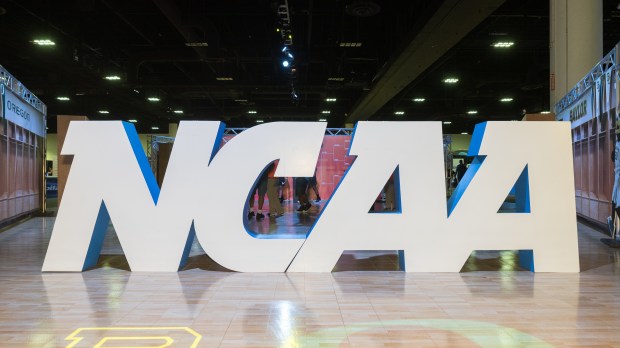Lenten Campaign 2025
This content is free of charge, as are all our articles.
Support us with a donation that is tax-deductible and enable us to continue to reach millions of readers.
The NCAA has updated its policy on transgender participation in collegiate sports. On Wednesday, the NCAA Board of Governors voted to approach transgender participation in a sport-by-sport basis. The new rules, which went into effect immediately, hope to balance fairness, inclusion, and safety for all student athletes.
According to the NCAA, the changes largely fall in line with the recent policy updates implemented by the International Olympic Committee (IOC). In 2021, the IOC released a new framework on transgender participation that also left the decision up the the national governing body of each sport.
While the NCAA has placed the power to make decision on transgender inclusion in the hands of the sport, the Board of Governors urged the divisions to be flexible. They suggest that if a transgender athlete loses eligibility, the sport should provide additional eligibility for the athlete. It is unclear if this means creating new criteria or alternative events to compete in.
John DeGioia, chairman of the NCAA board said in a statement:
“We are steadfast in our support of transgender student-athletes and the fostering of fairness across college sports. It is important that NCAA member schools, conferences and college athletes compete in an inclusive, fair, safe and respectful environment and can move forward with a clear understanding of the new policy.”
Testosterone documentation
The policy changes will already affect the 2022 championships for winter sports. As of now, transgender atheletes must provide documentation of their testosterone levels four weeks prior to the championship competition. Beginning next year, they must also provide such documentation at the start of their season and six months after the season begins.
The documentation will work to prevent the assumption of an unfair advantage on the part of the transgender athletes. The IOC framework notes that an unfair advantage should never be assumed, but they admit that there are “advantage[s] gained by altering one’s body” that exist at elite-level competition.
USCCB
The USCCB has yet to comment on the NCAA’s policy changes, but the bishops have already spoken about transgenderism in student athletics. In 2020, Bishop Michael C. Barber and Bishop David A. Konderla penned a letter to Congress over a Title IX dispute. They noted that males “possess a distinct physical advantage in a number of sports,” and warned of “physical safety concerns in high-contact sports,” between biological males and female athletes.
Despite safety concerns and the perception of an unfair advantage, however, the bishops stood by transgender athlete’s right to compete. They wrote:
“Youth who experience gender identity discordance should be assured the right to participate in, or try-out for, student athletics on the same terms as any of their peers, in co-educational activities or, where sexes are separated, in accord with their given sex,” said the bishops, adding that “Harassment or unjust discrimination against them in this regard is unequivocally immoral.”


